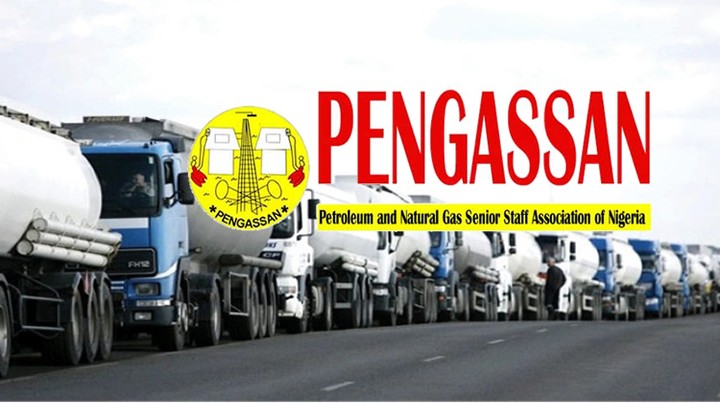Oil companies are steadily pulling out of Nigeria, and PENGASSAN, the union for senior oil and gas workers, says worsening insecurity is the main reason. On Monday, the group raised concerns that even with the Federal Government’s new efforts to lower costs, the real problem—violence and insecurity, especially in river areas—remains unresolved.
They believe insecurity in oil-producing areas, especially in the creeks and waterways, is making it too expensive and risky for international companies to stay. Even though the government has introduced cost-saving plans, these companies are still leaving.
PENGASSAN also urged the government to manage Nigerian refineries like the Nigeria Liquefied Natural Gas (NLNG) company. This would involve bringing in trusted private investors. They argue that politics—not technical issues—are the reason many refineries are shut down.
During a press briefing in Abuja, the President of PENGASSAN, Festus Osifo, acknowledged that President Tinubu’s recent Executive Order on cost efficiency was a step in the right direction. However, he said it didn’t tackle the most serious issue, which is insecurity.
According to him, the major reason why many international oil companies are leaving is the high cost of protecting their operations. He pointed out that countries like Mozambique, Angola, Guyana, and Congo have become more attractive because they offer safer environments.
The Executive Order signed in May promises tax credits for oil companies that meet cost-saving targets. But PENGASSAN believes that unless the government provides proper security, the high costs will continue.
Osifo explained that offshore oil operations in Nigeria need three to four security boats, staffed by naval officers, and these are paid for daily by the oil companies. In contrast, in places like Ghana, the government covers these security responsibilities.
He said the government should be in charge of protecting oil facilities. It’s wrong, he argued, for companies to spend hundreds of millions of dollars every year just on security.
Another issue raised by Osifo was fuel pricing. He said that even when global oil prices dropped from $80 to $60 per barrel, petrol prices in Nigeria stayed high. He claimed Nigerians were unfairly charged during that time.
He urged the Nigerian Midstream and Downstream Petroleum Regulatory Authority (NMDPRA) to make sure Nigerians are not overcharged for fuel.
To fix Nigeria’s broken refineries, PENGASSAN suggested using the same business model as the Nigeria LNG company. In this model, the government would own a smaller share, while skilled private investors would take the lead. This setup would keep politics out of refinery operations and improve efficiency.
He gave the Port Harcourt refinery as an example, saying that despite repairs, it is still not working. He believes private management, like with NLNG, would make a big difference.
PENGASSAN is also working on improving local job opportunities in the oil sector. They recently signed a deal with Sterling Oil Company to ensure more Nigerians are trained and hired, instead of relying on foreign workers.
As the country marked Democracy Day, Osifo reminded leaders that democracy should improve the lives of the people. He said it should provide food, jobs, health care, and education—not just elections.







